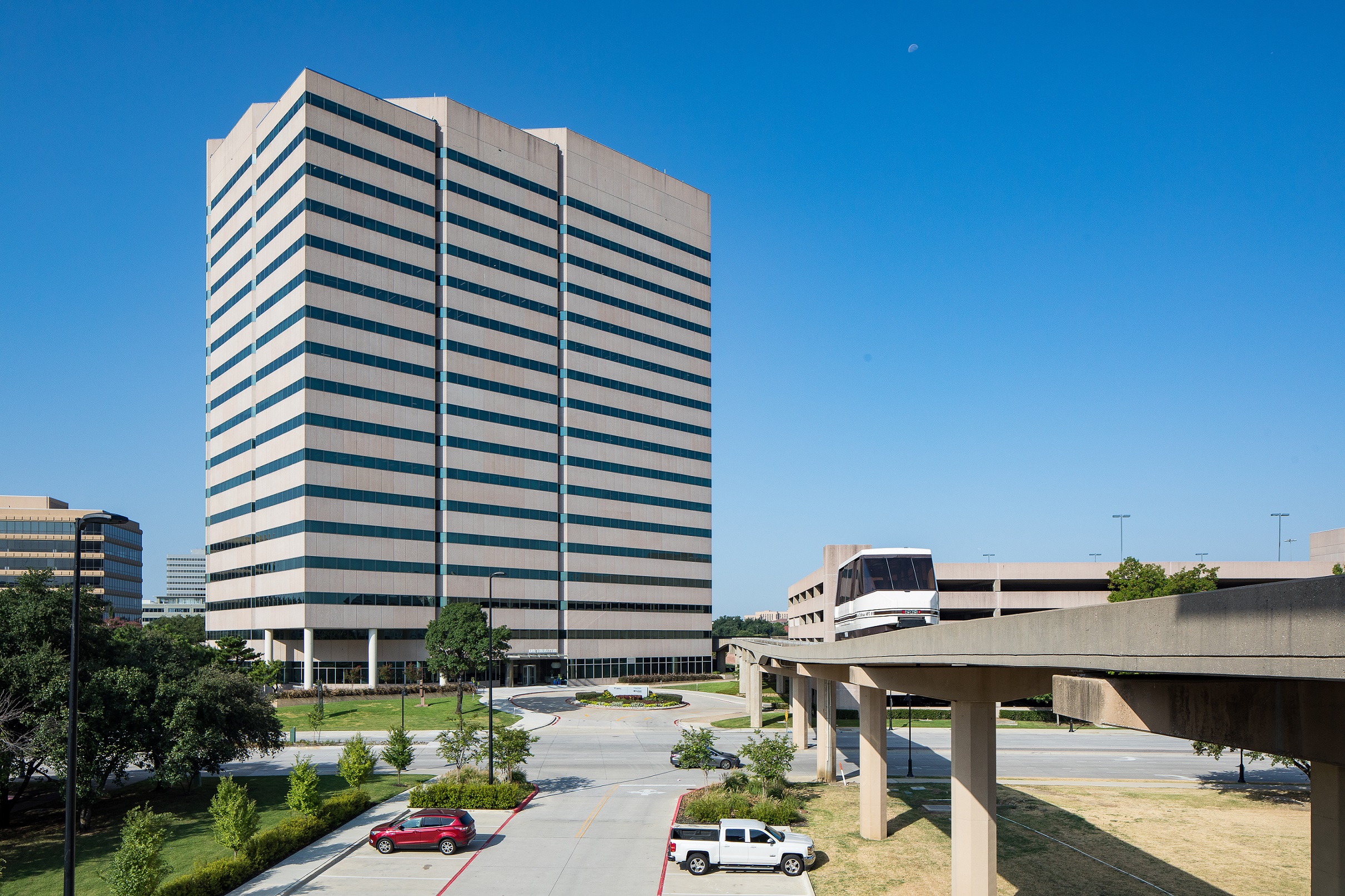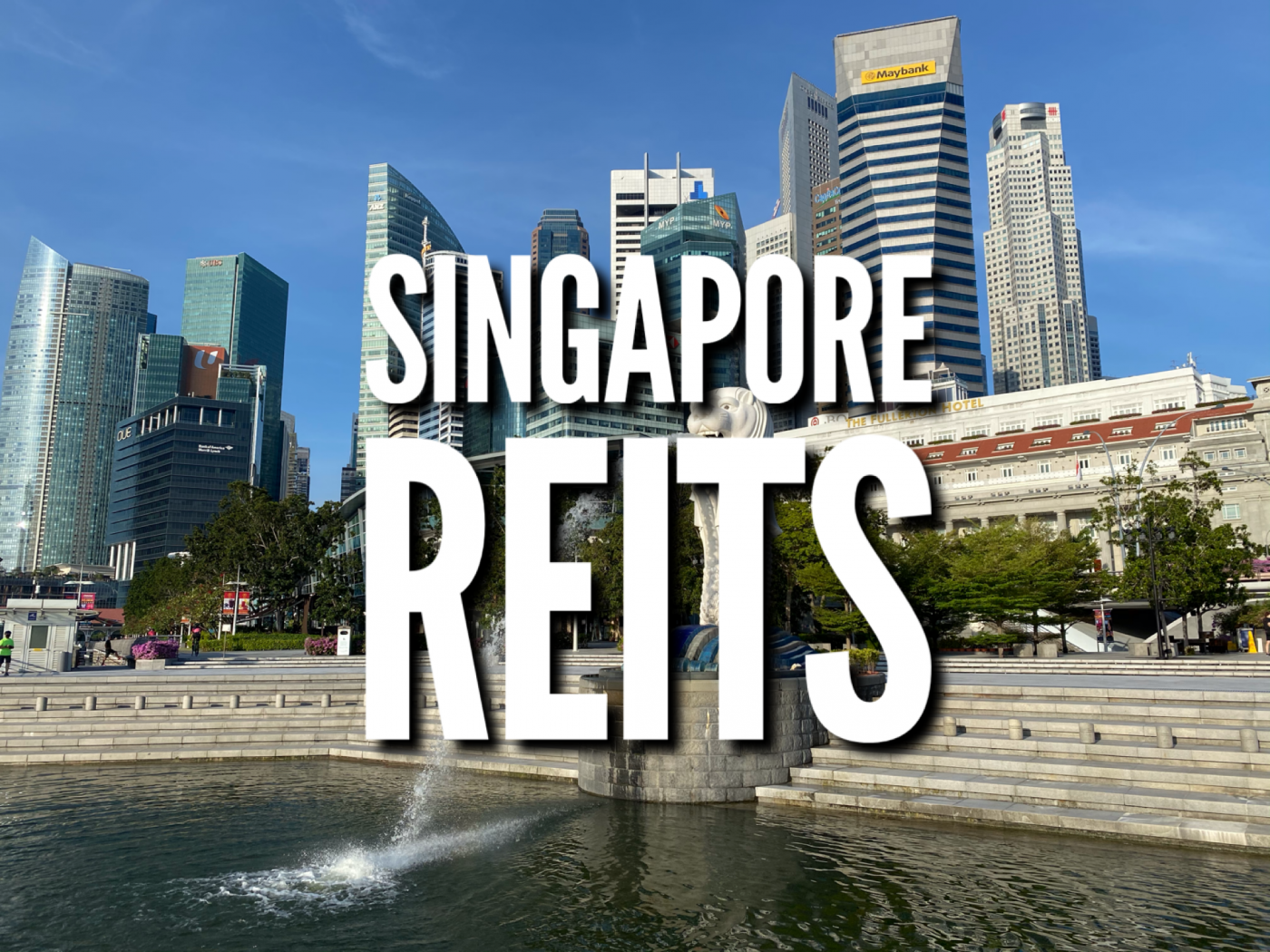3Q23: Outperforming Through Higher Portfolio Occupancy
KORE’s portfolio occupancy improved 0.6ppt qoq to 91.4% while physical occupancy improved 2ppt qoq to 67% in 3Q23. Adjusted NPI grew 5% yoy due to positive rental reversion of 3.8% and built-in rental escalation of 2.5% from its existing properties. KORE has consistently outperformed its peers due to its focus on growth cities and constant investment in amenities. KORE trades at an attractive 2024 distribution yield of 23.6% and P/NAV of 0.25x (75% discount to NAV). Maintain BUY. Target price: US$0.56.

RESULTS
• Outperforming through focus on growth cities. Keppel Pacific Oak US REIT (KORE) reported 3Q23 distributable income of US$13.1m (-10.7% yoy), which is in line with our expectation. Adjusted NPI increased 5.0% yoy in 3Q23 due to better performance from its existing properties. Distributable income declined 10.7% yoy to US$13.1m due higher borrowing costs as a result of rising interest rates.
• Outperforming through higher portfolio occupancy. Portfolio occupancy improved slightly by 0.6ppt qoq to 91.4% in 3Q23. Eastside Seattle – Bellevue/Redmond, which accounted for 45.2% of portfolio NPI, saw continued positive leasing momentum and higher occupancies across The Plaza Buildings (+1.2ppt qoq to 89.0%), Bellevue Technology Center (+2.2ppt qoq to 91.2%) and The Westpark Portfolio (+1.1ppt qoq to 96.1%). Serviced office provider Regus renewed lease for 45,000sf at Bellevue Technology Center.
Occupancy for Maitland Promenade in Orlando improved 2.2ppt qoq to 87.7% after securing infrastructure specialist Burns & McDonnell as a new tenant for 48,000sf. Management targets to maintain portfolio occupancy above 90% by end-23.
• Sustaining organic growth. KORE has signed leases for 250,122sf of office space and achieved positive rental reversion of 3.8% in 3Q23. Management targets positive rental reversion at low single digits for 2023. In-place passing rent remains 0.6% below asking rents. The portfolio has built-in average rental escalation of 2.5% per year.

• Prudent capital management. Aggregate leverage remained stable at 39.1% as of Sep 23. Interest coverage ratio was healthy at 3.3x. About 76% of its borrowings were hedged to fixed rates. There are no debt refinancing requirements until 4Q24. Weighted average term to maturity is healthy at 2.9 years. KORE’s all-in average cost of debt was 4.19% in 3Q23 (1H23: 3.89%). We estimate cost of debt at 4.25% for 2024.
STOCK IMPACT
• Growth from growth cities. KORE benefits from the migration of Americans in massive numbers to large Sun Belt metro areas and fast-growing suburban cities. They are particularly attracted to states with zero personal income taxes, such as Florida, Texas, Tennessee and Washington, which accounted for 82.1% of NPI. Companies are also exiting gateway cities, such as San Francisco, Los Angeles and Chicago, and relocating to the states of Florida, Texas and Tennessee, where state corporate income tax is low at 5.5%,
6.5% and 0.0% respectively. State corporate income tax averages 1.6% for KORE’s growth markets vs 8.7% for gateway cities.
• Companies tightening hybrid work arrangements. Amazon required employees to return to office three days per week since 1 May 23. Many employees were also asked to relocate to main hubs, such as Seattle and New York, where their teams are located. Meta Platforms shifted to a more structured hybrid schedule and mandated working three days in office a week with effect from 5 Sep 23. CEO Mark Zuckerberg has encouraged staff to “find more opportunities to work with colleagues in person”. Google requires working in the office three days a week and has informed employees that office attendance would be included in performance reviews.
• Proponents of remote work also emphasising in-person collaborations. Even videoconferencing software specialist Zoom has asked employees who live near its offices (within 50 miles) to work on-site to interact with their teams two days a week with effect from Aug 23. Other companies that tightened hybrid work arrangements include Walt Disney, General Motors, Walmart, Starbucks and Vanguard Group.
• Resiliency from higher physical occupancy. On a portfolio-wide basis, KORE’s physical occupancy has improved 2ppt qoq to 67% in 3Q23. According to Kastle Systems, nationwide average for physical occupancy is 49.8% for the US as of Oct 23.
EARNINGS REVISION/RISK
• Revaluation losses to be manageable. We estimated fair value of KORE’s investment properties to drop 5.7%, or US$80.9m, to US$1,342.5m as at end-23 after factoring cap rate expansion for KORE’s portfolio of 50bp and built-in rental escalation of 2.5%. Thus, we expect aggregate leverage to creep up 2.7ppt to 40.9% at end-23.
• Organic growth moderates magnitude of revaluation losses. We forecast DPU of 5.0 US cents for 2023 and 4.8 US cents for 2024. We no longer factor in any equity fund raising as KORE’s aggregate leverage is substantially lower compared with peers Manulife US REIT (56.7%) and Prime US REIT (42.8%).
VALUATION/RECOMMENDATION
• Deeply discounted gem that outperforms peers. We like KORE for its exposure to suburban office and Sun Belt states. KORE provides an attractive 2024 distribution yield of 23.6%. The stock trades at P/NAV of 0.25x (75% discount to NAV per unit).
• Maintain BUY. We raised our target price to US$0.56 is based on DDM (cost of equity: 9.5% (previous: 9.0%), terminal growth: 1.0%).
SHARE PRICE CATALYST
• Growth from Supernovas, Super Sun Belt and 18-hour cities driven by in-migration.
• Growth from continued positive rental reversion and built-in annual rental escalation.





